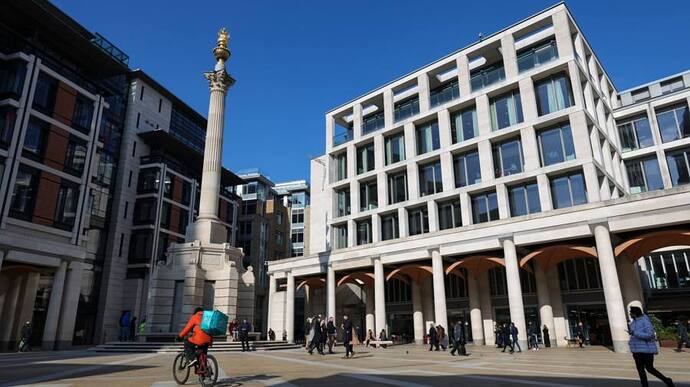London is a global city, a diverse and culturally vibrant metropolis that is home to over 8 million people and attracts millions of tourists and new residents every year. However, London faces a number of challenges as it fights to secure its future and remain a thriving and dynamic center of commerce, culture, and innovation.
One of the biggest challenges that London faces is Brexit. With the UK having voted to leave the European Union in 2016, London is faced with the prospect of losing access to the EU’s single market, a critical source of investment, trade, and employment for the city’s businesses and residents. Many of the city’s residents, particularly those from other EU countries who work and live in London, are concerned about their future and the impact that Brexit will have on their lives.
In response to Brexit, London has taken steps to promote itself as a hub for business and innovation, leveraging its strengths in tech, finance, and creative industries. The city has established a number of innovation hubs and initiatives aimed at encouraging entrepreneurship and supporting the development of new business models and technologies. These initiatives have helped to attract startups and established companies from around the world, bolstering the city’s reputation as a global tech hub.
However, Brexit is not the only challenge facing London. The city also struggles with high levels of congestion, air pollution, and housing affordability. The housing crisis in particular has reached crisis proportions, with many residents struggling to find affordable and stable accommodation. This has led to rising levels of homelessness and a growing sense of inequality in the city.
In response to these challenges, the city has undertaken a number of initiatives aimed at improving housing affordability and reducing traffic congestion. The Mayor of London, Sadiq Khan, has implemented a number of measures aimed at reducing air pollution, including the introduction of a new ultra-low emissions zone and a commitment to electrify London’s entire bus fleet. Khan has also been vocal about the need to address the city’s housing crisis, and has introduced a number of policies aimed at increasing the supply of affordable housing.
Another major challenge that London faces is the rise of authoritarian populist movements around the world. London has long been a bastion of democracy and free speech, but the rise of populist leaders and movements in countries like the US, Brazil, and Hungary has sparked concerns about the future of democracy and human rights. London has responded to these challenges by reaffirming its commitment to democratic values, including the right to free speech, the rule of law, and the protection of human rights.
Overall, London faces a number of challenges as it fights to secure its future as a global city. These challenges include Brexit, congestion, pollution, and the rise of populist movements, as well as the ongoing fight for housing affordability and social justice. Despite these challenges, however, London remains a dynamic and resilient city, with a rich history and a vibrant cultural identity. By harnessing the power of innovation and entrepreneurship, and by striving to uphold democratic values and promote social justice, London can continue to thrive in the years ahead.
Disclaimer
6do Encyclopedia represents the inaugural AI-driven knowledge repository, and we cordially invite all community users to collaborate and contribute to the enhancement of its accuracy and completeness.
Should you identify any inaccuracies or discrepancies, we respectfully request that you promptly bring these to our attention. Furthermore, you are encouraged to engage in dialogue with the 6do AI chatbot for clarifications.
Please be advised that when utilizing the resources provided by 6do Encyclopedia, users must exercise due care and diligence with respect to the information contained therein. We expressly disclaim any and all legal liabilities arising from the use of such content.







